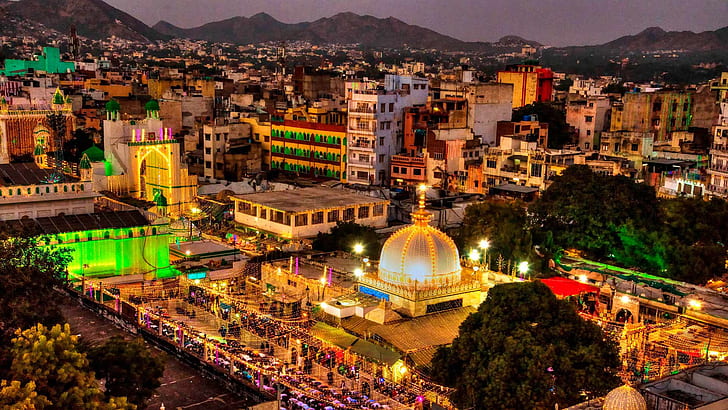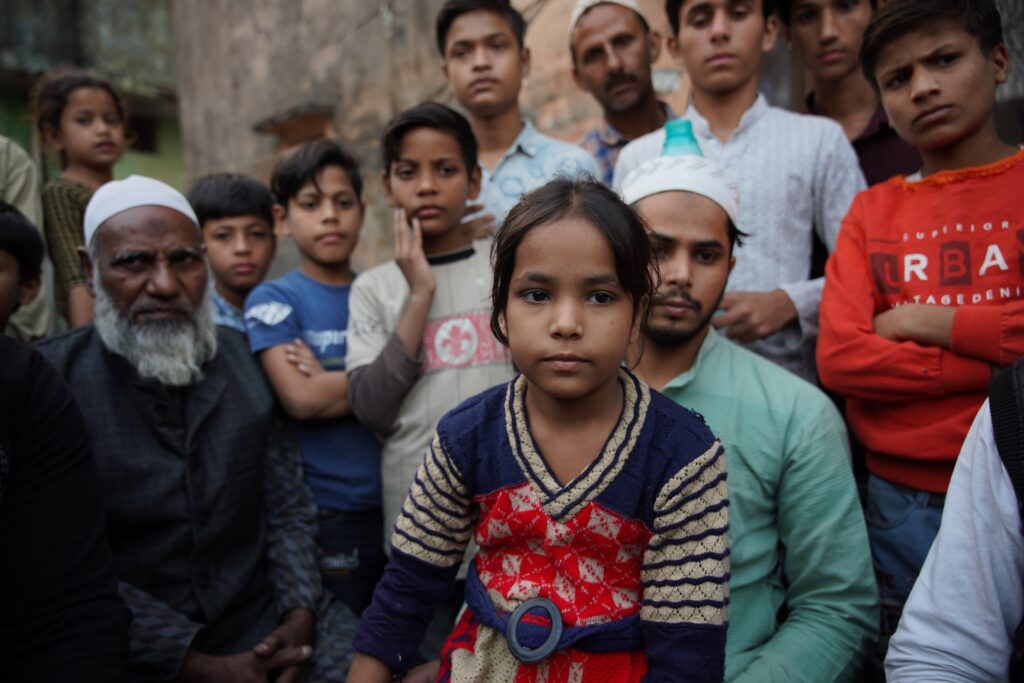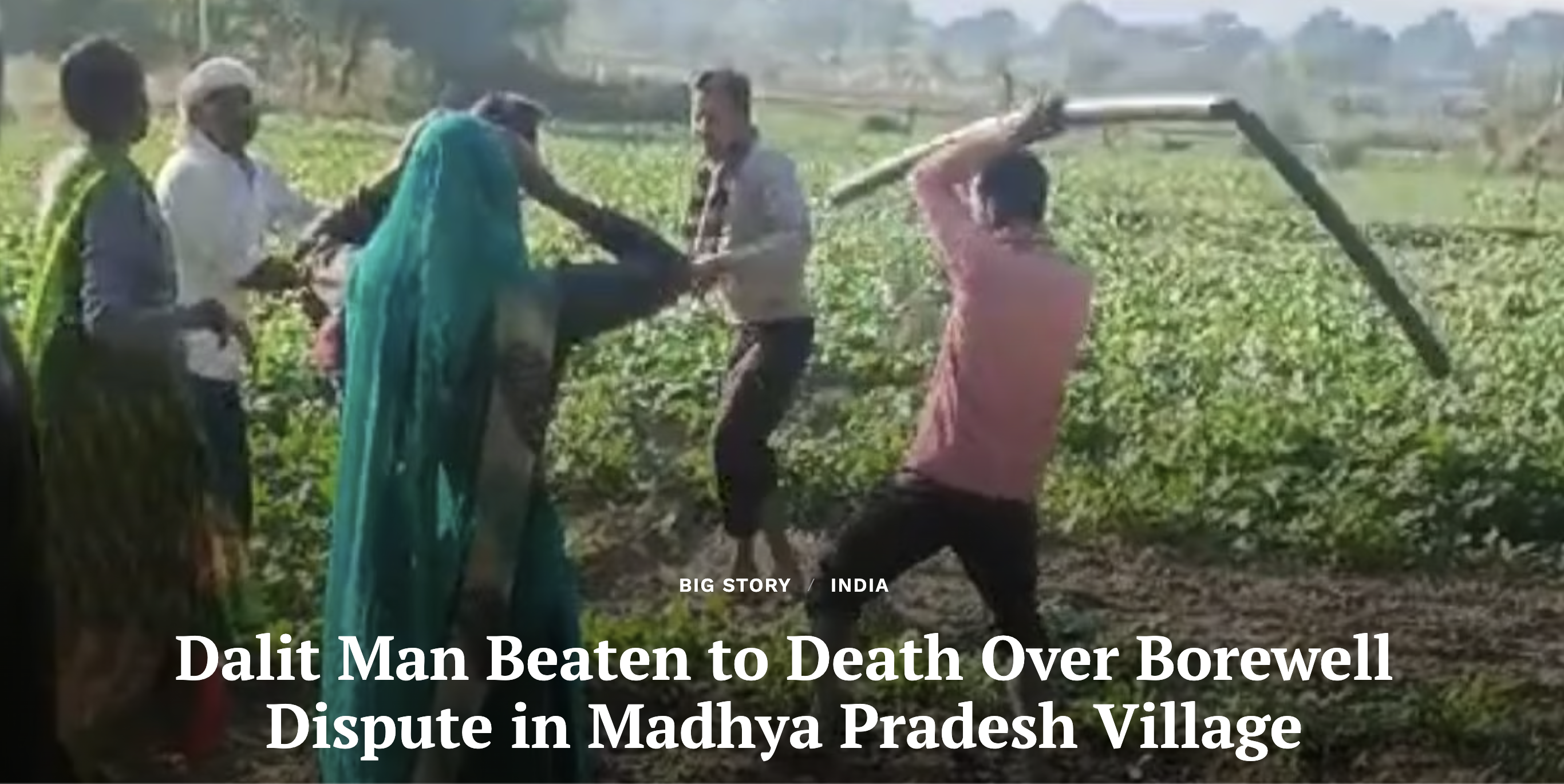IITs have been following food segregation by demarcating a space where students who eat egg or meat are not allowed to enter, both officially and unofficially for years. APPSC (Ambedkar Periyar Phule Study Circle) IIT Bombay had filed an RTI on November 2022 asking the IIT Bombay administration for the details of this segregation in hostel messes. In the reply to the RTI, IIT Bombay declared that there is no such segregation permitted or endorsed by the administration. On July 2022, a mail was sent to the students of Hostel 12 of IIT Bombay by their General Secretary reiterating the institute position that there are no separate eating spaces designated for vegetarians. He also mentioned about ‘reports of individuals forcefully designating certain areas in mess as “Jain sitting space” and removing individuals who bring non-vegetarian food to sit in those areas’. From the next day onwards, “Vegetarian only” posters came up in the combined mess of Hostels 12, 13 and 14 demarcating an area of mess as exclusive to them and where meat/egg eating students were denied entry. When the administration was asked to remove the ‘unauthorised posters’ and uphold the non-segregation policy which they have been claiming on paper, they removed the posters only after weeks of complaints. But two months later, a mail was sent to students of Hostel 12, 13 and 14 where they officially sanctioned food segregation by demarcating an area of mess not to be crossed by students eating egg/meat, because sight of meat caused ‘nausea’ and ‘vomiting’ among some students. The mail warned strict punishment for meat eating students who would violate this food segregation rule.
IITs have been infamous for trying to ensure ‘purity’ of vegetarian spaces by forced segregation and penalizing ‘contamination’ by meat eaters for years. In 2018, IIT Madras had designated separate entrances, utensils and even wash basins for vegetarian and non-vegetarian students. In the same year, IIT Bombay also tried to enforce segregation by separation of plates for vegetarian and non-vegetarians, where non-vegetarians are not allowed to use the circular plates. In September 2022, mes
In India, the relationship between people and their food habits is majorly determined by the hierarchical
This story was originally published in sabrangindia.in . Read the full story here .





